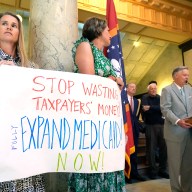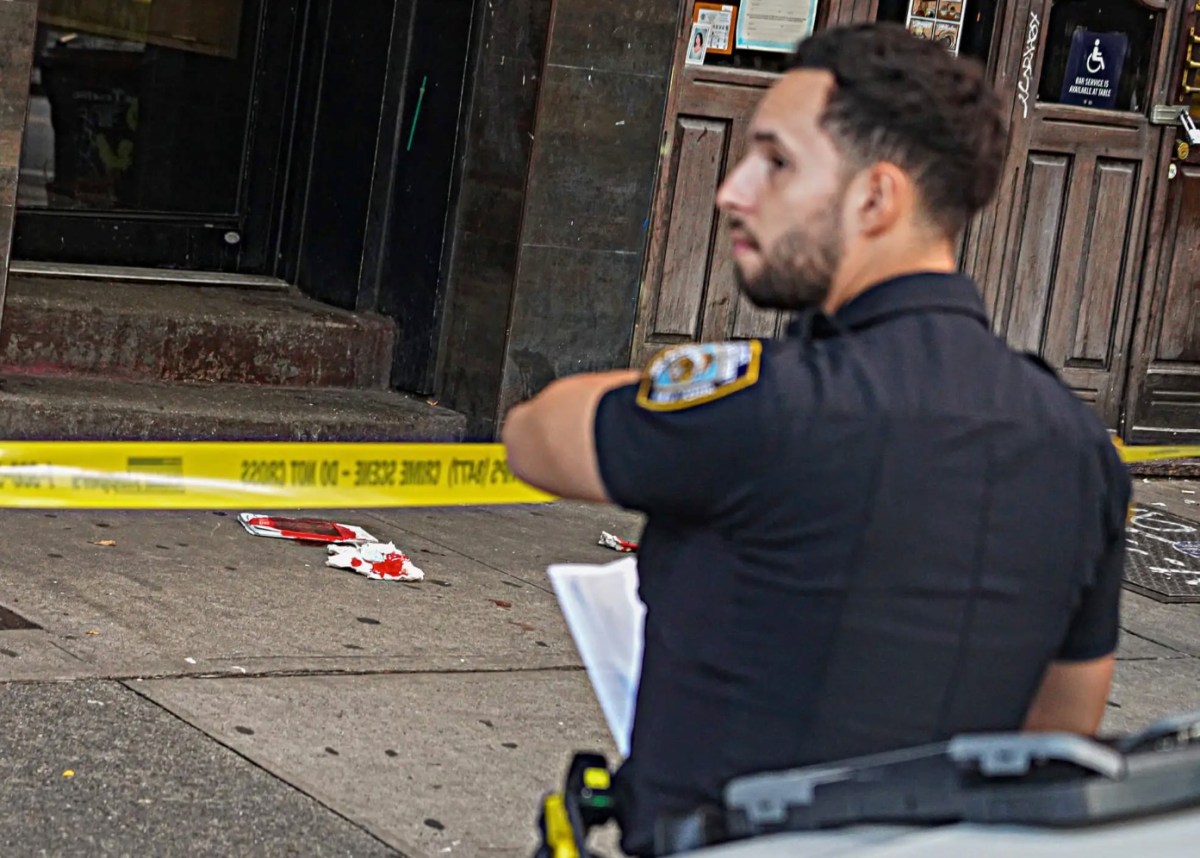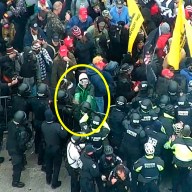By Melissa Fares and John Whitesides
(Reuters) – After reading a painful series of “Me Too” stories about sexual harassment and assault on social media, Amanda Crone realized she needed to have a conversation with her husband.
So an anxious Crone, 29, a stay-at-home mother of two young children, put on a movie for her kids and went upstairs to the bedroom of her Hanover, Pennsylvania, home to tell him about being sexually assaulted nine years ago, before they had met.
“It was scary and brought everything back,” Crone said with a sigh. She had worried about his reaction, in part because he knew one of the men who had assaulted her a decade earlier. “But it just felt like it was time.”
Three weeks after allegations of Hollywood producer Harvey Weinstein’s predatory sexual behavior moved millions of women around the world to use the hashtag #MeToo to share their own stories of abuse on social media, more than 20 women contacted by Reuters say they are still grappling with the fallout.
While the prevalence of sexual harassment and abuse fueled a raging public debate, the “Me Too” movement also sparked a series of difficult and revelatory private conversations for some women with their spouses, partners and family members.
Charlotte Kirk, 23, felt compelled to tell her mother about a recent incident when a close friend’s boyfriend groped her without consent. She was surprised by the reaction.
“Her response was basically, ‘Believe it or not, this doesn’t get better even after you’re married and have three kids.’ She had been in the exact same position before, too,” said Kirk, a medical research assistant in Boston.
Reilly Downes, 28, had a talk with her father after he saw her “Me Too” post about being assaulted and harassed.
“I didn’t go straight into detail about my story – just kind of made it evident that I have experienced that as a woman,” said Downes, a dance teacher in Amarillo, Texas. “Of course dads want to protect you like nobody’s business, so his response was a little bit more aggressive, angry.”
Her father, Kevin Downes, said “no dad ever wants to hear these things.”
Weinstein, accused by a number of women of sexual harassment and assault in incidents dating back to the 1980s, has denied having non-consensual sex with anyone.
For some women, the outrage over the Weinstein allegations was heightened by the election of President Donald Trump, who bragged on a decade-old “Access Hollywood” outtake that surfaced during last year’s campaign about kissing and touching women because “when you are a star, they let you do it.”
The Trump tape followed a string of harassment and assault cases involving well-known and powerful men, including comedian Bill Cosby, who denied sexual assault allegations by dozens of women.
‘WAKE-UP CALL’
Trump’s subsequent victory over Democrat Hillary Clinton, the first woman presidential nominee of a major U.S. political party, was a “wake-up call” for many women, said Karin Roland of the women’s advocacy group UltraViolet.
To remind people of the “Access Hollywood” tape, UltraViolet parked a large screen on the Mall near the Washington Monument recently to play the tape repeatedly for 12 hours on the one-year anniversary of its release.
Trump apologized last year for his “Access Hollywood” comments, which he called “locker room talk.” He told reporters two weeks ago that allegations of sexual assault and misconduct leveled at him before the election by several women were “made-up stuff.”
Activist Tarana Burke first created the “Me Too” campaign a decade ago to reach sexual assault victims in underprivileged communities. But it became a rallying cry after the Weinstein allegations, when actress Alyssa Milano urged women who had been victims of sexual assault and harassment to use it as a way to convey the scale of the problem.
In a Reuters/Ipsos online poll of 1,832 people taken Oct. 20-24, more than half of all adults said they had experienced an unwanted verbal or physical sexual advance. Of those, 11 percent said they had posted a “Me Too” status and 14 percent had reposted or engaged in a “Me Too” conversation without sharing a personal experience. Forty-four percent said they had seen the campaign but not participated.
(For the graphic, ‘Two in every three women have dealt with unwanted sexual encounter’, click http://tmsnrt.rs/2gPHRr0)
Leona Waller, 25, a freelance writer in Berkeley, California, said she sat up in bed to prepare her “Me Too” post as her boyfriend slept next to her. She had never directly told him about a sexual assault in college “when no didn’t mean no” to her attacker.
“I actually handed him my phone and showed him the full post that I had written,” she said. “He just hugged me. It was a moment.”
But sometimes those conversations are just too painful to have. A father from Alabama contacted through social media, who asked that his name not be used because of the sensitivity of the subject, said he learned his 22-year-old daughter had been raped after the “Me Too” movement inspired her to tell his wife about it.
He said he is unsure what to say to her about it. “I know of nothing that I could say that would be comforting, other than, ‘I love you, and you have nothing to be ashamed of. This is not your fault’,” he said.
(Editing by Jason Szep and Mary Milliken)


















